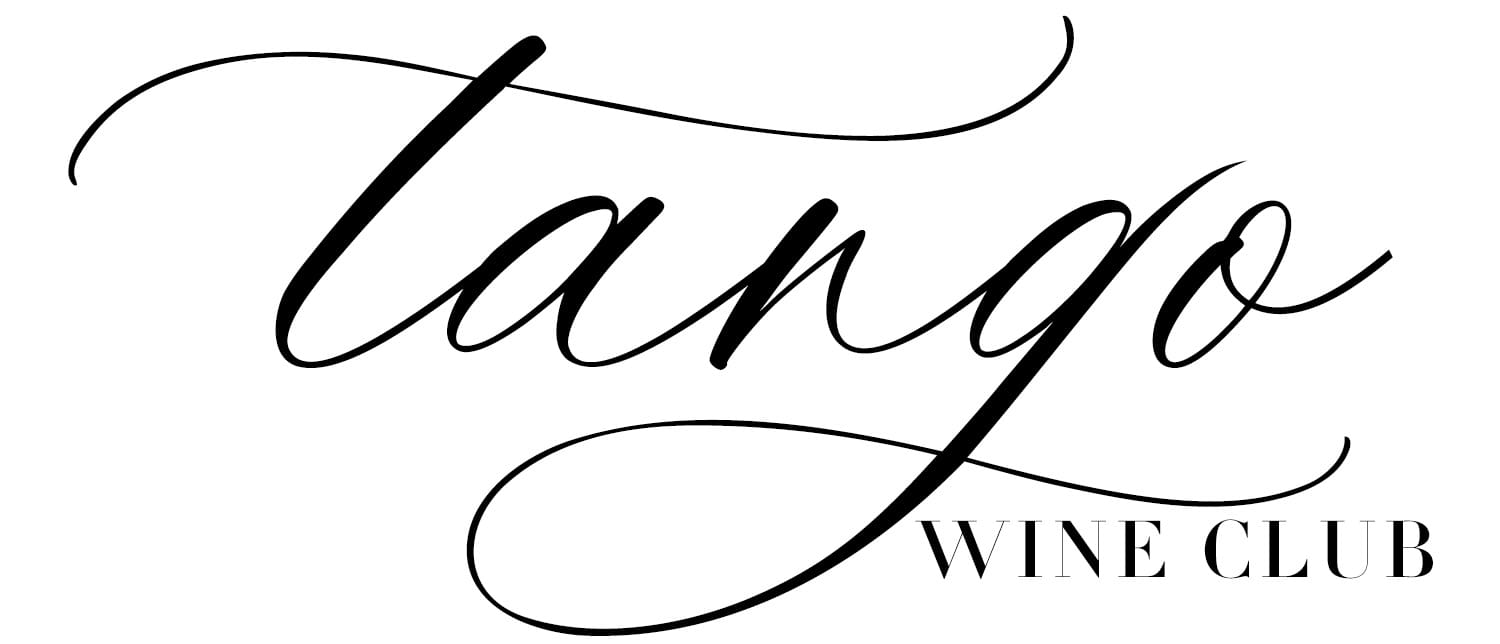answers
Frequently Asked Questions:
Do I have to have any pre-existing wine knowledge to join Tango Wine Club?
No; everyone at every level of wine knowledge is welcome! The workshops are designed with the beginner-to-intermediate wine-learner in mind, so if you are a more advanced student of wine, much of the content might be review. However, you might still enjoy joining simply for the camaraderie with other wine enthusiasts!
We do recommend that most people start with one of the “Core 4” series (Core 4: Reds covers Cabernet Sauvignon, Merlot, Pinot Noir, Syrah/Shiraz; Core 4: Whites covers Sauvignon Blanc, Chardonnay, Riesling, and Pinot Gris/Grigio) before signing up for a more specialized series, most of which assume this basic knowledge — unless the registrant feels that they already have a solid familiarity with and understanding of these varietals.
Can I invite my non-member friends to classes?
Yes, you can invite up to one other person to join you (e.g., a friend, spouse/partner, roommate) at your location, and they themselves do not have to register. Friends at another location, however, will need to join in order to obtain their own Zoom link.
How many wines do I have to buy?
Technically, you don’t have to purchase any wines. You could just come for the workshop, and not participate actively in the guided tasting portion.
For participants who do purchase wines, there will typically be 1-3 wines to taste per workshop.
Are the wines expensive?
We try to keep the wines at or under around $25-30. This can be a challenge, especially if there are rising prices due to certain economic factors. In most cases, there are different “quality” tiers of the same wine type, so students can choose the wines that better match their budgets. We do our best to include one or two quality levels that would be around $15-20 at most stores, for the budget-minded, as well as some higher-end options for those interested.
If there is a wine style that is almost *always* expensive, we will try to do a separate pop-up workshop featuring those wines. (Please do let us know if you’re someone interested in that; we track interest and use that to determine workshop offerings.)
How will I know what kinds of wines to buy?
After you register, you’ll receive a Members Shopping Guide with details about the wines for that semester’s series, and tips on how to select them from whichever store you are using.
Won’t my wines be different from everyone else’s if we’re all buying from different stores, in different cities and states?
Yes, but the idea is to learn the general characteristics of that varietal or style of wine. In fact, everyone shopping at different stores mimics real life – you might be traveling, or at a different wine store in your town than the one you usually go to, or at a new restaurant…so your choices are always changing. There are tens of thousands of wines in the world! One aim of Tango Wine Club is to help you adapt and be able to make educated guesses! Also, if you participate in the optional post-workshop breakout rooms and find that everyone is tasting different types of the same wine featured, it only adds to the conversation!
Will I learn about winemaking?
While winemaking processes will sometimes be mentioned, it will usually be in the context of their effect on a wine’s flavor. The focus of Tango wine club workshops is on learning wine types and characteristics – the savoring of wine – versus the scientific learning of winemaking. Students interested in winemaking are certainly encouraged to seek formal classes in that area. This is a rare topic in professional wine courses in general; I would recommend checking out oenology courses at universities offering these programs.
Will I learn about viticulture practices?
While viticulture practices will likewise sometimes be discussed, it will typically be in the context of their effect on the outcome of wine. The focus of Tango wine club workshops is on the learning of wine types and characteristics – the savoring of wine – versus viticulture and agricultural practices. Students interested in viticulture are certainly encouraged to seek formal classes in that area.
What is your refund policy?
Please see here for the refund policy.
